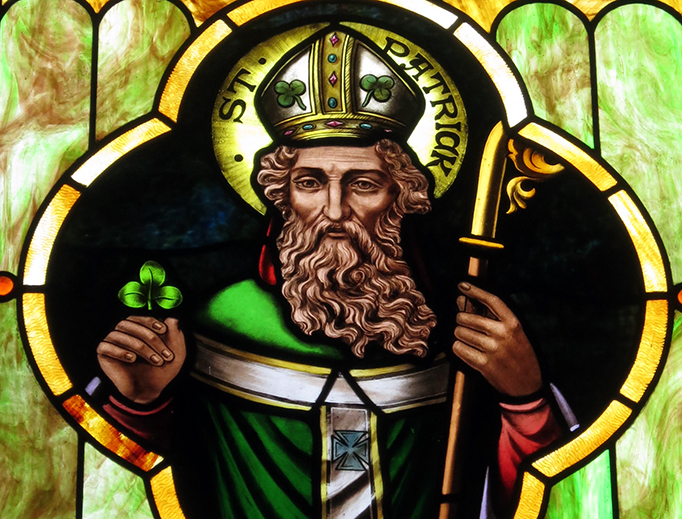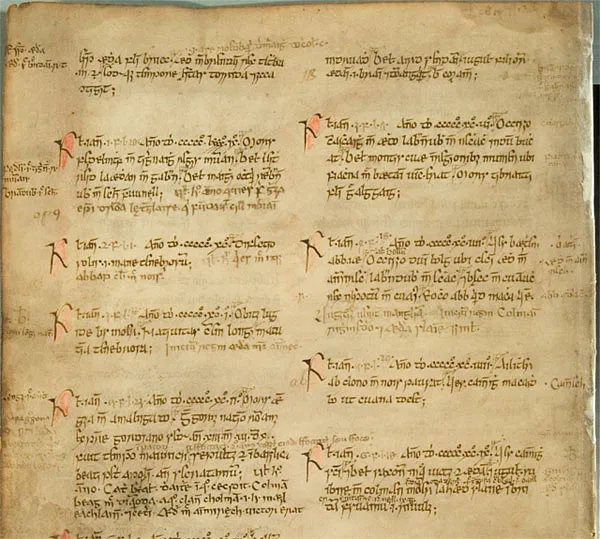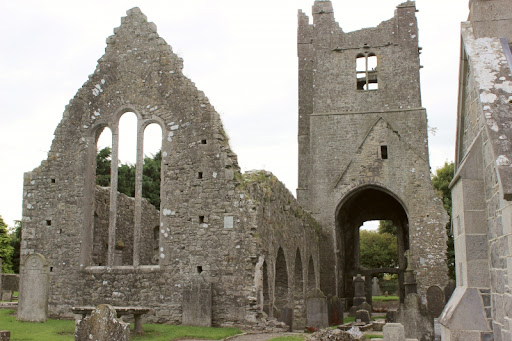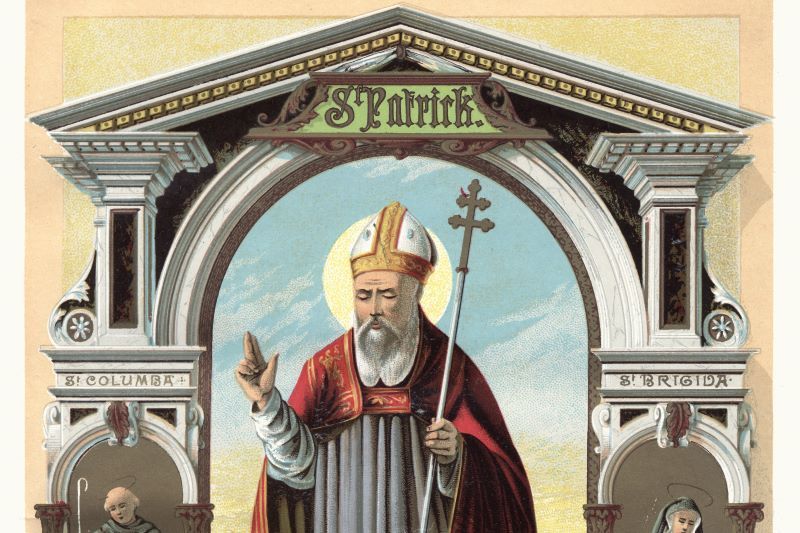Table of Contents
Introduction: Is March 17 the day St Patrick died?
Is March 17 the day St Patrick died? Join us as we embark on a journey to uncover the truth behind this historical enigma and separate fact from fiction.
The Legend of St. Patrick:
Before delving into the specifics of St. Patrick’s purported death date, let’s first acquaint ourselves with the legend of this iconic figure. Born in Roman Britain in the late 4th century, St. Patrick is renowned for his missionary work in Ireland, where he is credited with spreading Christianity and baptizing thousands. Over the centuries, his legacy has been shrouded in myth and folklore, making it challenging to discern historical accuracy from embellishment.

The March 17th Conundrum:
March 17th holds significance in the Christian calendar as the Feast of St. Patrick, commemorating the saint’s alleged death. However, historical records present a conflicting narrative. The Annals of Ulster, a medieval chronicle, states that St. Patrick died on March 17th, but the year remains uncertain, with estimates ranging from 461 to 493 AD. Despite this attribution, some scholars question the reliability of these annals, citing discrepancies and the lack of contemporary accounts.

Alternative Theories:
The era in which St. Patrick lived was marked by significant societal, political, and religious upheaval. Ireland, at the time, was predominantly pagan, with Celtic polytheism forming the basis of religious beliefs. Against this backdrop, St. Patrick’s mission to spread Christianity took place, a mission that would eventually shape the course of Irish history.
Written records from this period are scarce, presenting a challenge for modern historians attempting to piece together the details of St. Patrick’s life and death. The primary sources available are hagiographies, which are biographies of saints often written long after their deaths and tend to contain elements of myth and legend. These accounts, while invaluable for understanding the religious and cultural context of the time, must be approached with caution due to their tendency to embellish and idealize the subject.
Furthermore, the process of canonization during St. Patrick’s time was far less formalized than it is today. Unlike modern saints, whose lives are meticulously documented and scrutinized before canonization, early saints like St. Patrick were often venerated locally before their cults spread more widely. This lack of formal documentation and oversight contributes to the uncertainty surrounding key events in St. Patrick’s life, including his death.
Adding to the complexity is the fact that the early Christian Church in Ireland operated somewhat independently from the Roman Church, leading to differences in customs, practices, and even calendar dates. This independence could have influenced the recording of St. Patrick’s death date, making it challenging to reconcile with the Roman calendar used in historical records from other parts of Europe.
Despite these challenges, scholars continue to study St. Patrick’s life and legacy, drawing on archaeological evidence, linguistic analysis, and comparative studies of early Christian texts. Through interdisciplinary research and collaboration, they hope to gain a clearer understanding of St. Patrick’s historical significance and the context in which he lived.
In light of these complexities, it becomes apparent that the question of St. Patrick’s death date cannot be definitively answered based on the available evidence alone. Instead, it remains a subject of scholarly debate and interpretation, highlighting the intricate nature of historical inquiry and the enduring allure of Ireland’s patron saint.
Historical Context:
To better understand the complexities surrounding St. Patrick’s death date, it’s essential to consider the historical context of early Christian Ireland. During this era, written records were scarce, and the line between historical fact and myth blurred. Furthermore, the process of canonization was less formalized than it is today, allowing for the proliferation of legends and hagiographies.

Conclusion:
In conclusion, the question of whether March 17th is the day St. Patrick died remains a subject of debate and speculation. While tradition holds that St. Patrick departed on this date, historical evidence is inconclusive, leaving room for interpretation and conjecture. As we celebrate St. Patrick’s Day with parades and festivities, let us also reflect on the complexity of history and the enduring legacy of Ireland’s patron saint.
By addressing the historical ambiguity surrounding St. Patrick’s death date and providing insightful analysis, our blog post aims to serve as a valuable resource for those seeking to unravel the mysteries of Irish history and tradition. Whether March 17th truly marks the end of St. Patrick’s earthly journey or merely symbolizes his enduring legacy, one thing remains certain: the spirit of St. Patrick lives on in the hearts of millions around the globe.
For More Information About St. Patrick – Check Out This Link!
Saint Patrick’s Day – Wikipedia


